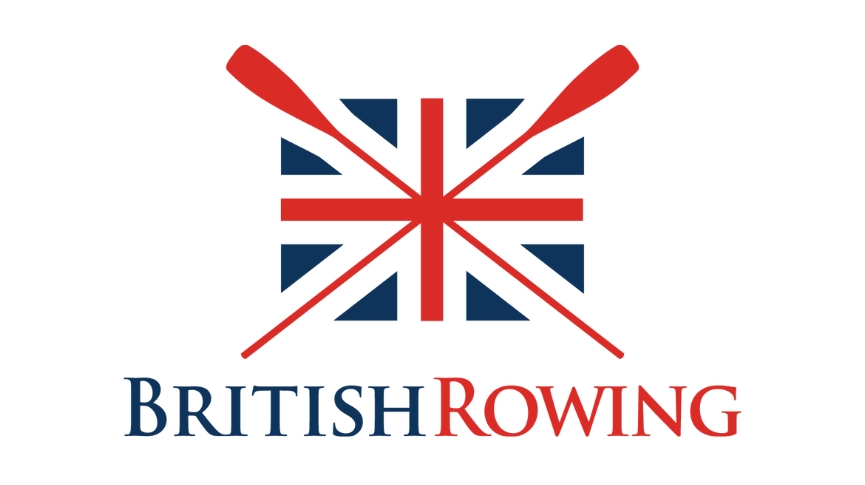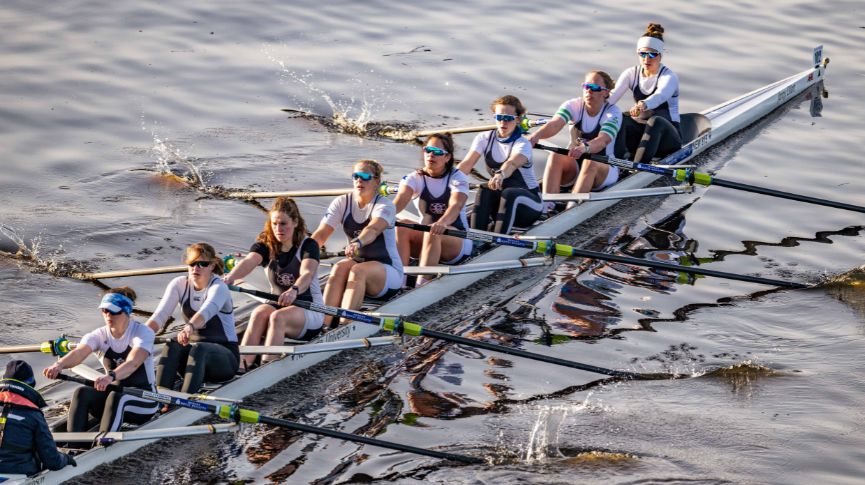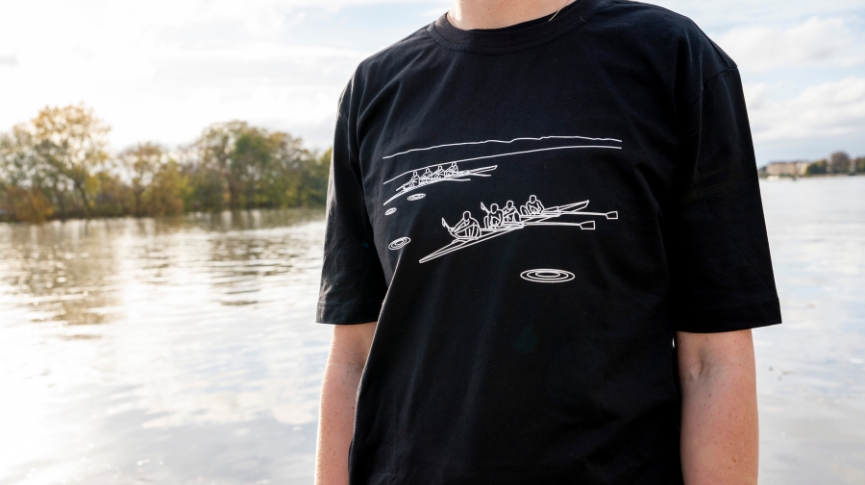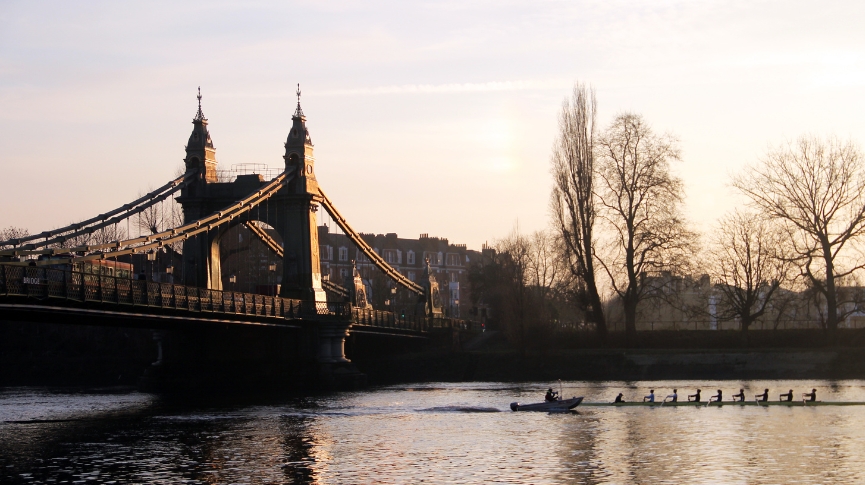Marlow RC: A case study on how to grow an adaptive squad
Marlow RC’s Bruce Lynn chats to Fergus Mainland all about how the adaptive squad has flourished over recent years and what lessons other clubs can take inspiration from

Marlow RC have launched a new a guide to adaptive rowing. “This Is How We Do It” is a video introduction to the adaptive squad at Marlow RC, which has grown to one of the most extensive adaptive rowing programmes in the world.
Led by Bruce Lynn, who’s been coaching at the club for 10 years, the club hopes this acts as a guide for other clubs up and down the country to follow in it’s footsteps.
The adaptive squad at Marlow RC now consists of 17 senior athletes, eight juniors, and three athletes who row in the women’s squad such as Paralympic Champions Naomi Riches and Ellen Buttrick. Rowers are also supported by a team of 10-13 who either drive a safety launch or get into a boat as a support rower.
For Bruce the catalyst for getting involved with Marlow RC was when the old boat house burnt down in 2011. “When they rebuild it, they made it one of their objectives to be the most accessible boat club in the UK. From the design, they made it completely accessible and thought they should have an adaptive squad, even though it was relatively new,” said Bruce.
“I thought it would be a great thing. At the time, my wife worked with disabled individuals, she was head of therapy at the epilepsy centre. She said there was a guy at Royal Holloway with cerebral palsy who was looking for someone to row. His name is Ben Marsden and he’s one of our assistant coaches.”
Growth of the squad is gradual and Bruce is keen to stress that clubs can start small, they don’t have to start pouring in thousands of pounds to start a squad from scratch. As is famously misquoted in Field of Dreams, ‘if you build it, they will come.’
“It’s very much a word of mouth thing. If you start with one, word gets out. That person competes which leads to enquiries. People usually have a community either from medical support or a community from their medical impairment and it grows organically like that.
“There is help available. It’s a new area for people and there’s a lot of preconceived notion about what disability is and most people will think of the worst case such as someone in a wheelchair and needing a lot of support. Around 10% of the rowers require a fixed seat but around 90% don’t have special seats but they may require some small adaptations. There’s also a community out there as well. There are clubs like Marlow RC, Stratford-upon-Avon RC, and Maidenhead RC that are all very willing to come to clubs and help out. If people think this sounds great just ask British Rowing and ask the Community Adaptive Group.”
The club does more than just support rowers. As Bruce explains, rowing training is a transferable skill that benefits a huge number of other sports, including para-equestrian.
“We actually have one of our adaptive athletes, Mari Durward-Akhurst, who won a bronze in the individual Grade 1 Freestyle test at the 2024 Summer Paralympics. She found that rowing complemented her riding, as well as helping her mental health and fitness.
“She’s still on the World Class Programme squad, aiming towards to LA, and she still rows with us because she says rowing is key to her training for para equestrian.”
The team at Marlow RC have also been very proud with how the rest of the club has engaged with the adaptive squad. As part of their Duke of Edinburgh Awards, which has a mandatory volunteering section, several of the junior athletes have fulfilled their volunteering hours by being a support rower. After verifying their hours and writing the necessary DofE references, Bruce was delighted to see the juniors continue to come down long after they had completed their required hours. It’s clear that support comes from a lot of different areas for a lot of different reasons.
Support has also come from Paralympic Champion Gregg Stevenson. “Gregg came down a few weeks ago with Para Rowing Foundation to test out an exciting new fixed-seat concept they are designing,” explained Bruce.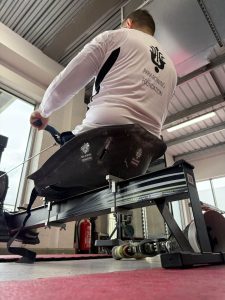
“I said he could only do that if you give a little masterclass to our PR2 junior and they had a great time. This was a 15-year-old lad who is really keen and Gregg ran a little masterclass for him.”
“We want to get more of what we have in the Thames Valley, into other parts of the country. You see centre of excellences though around the country such as Mark Dewdney in the midlands at Stratford-upon-Avon BC. Then there’s Sally Pettipher (who won Volunteer of the Year for the West Midlands Region at the 2024 British Rowing Awards) at Ross RC and Wales is happening with Ben Pritchard leading the way. Leeds RC and Tees RC are doing great stuff too.”



